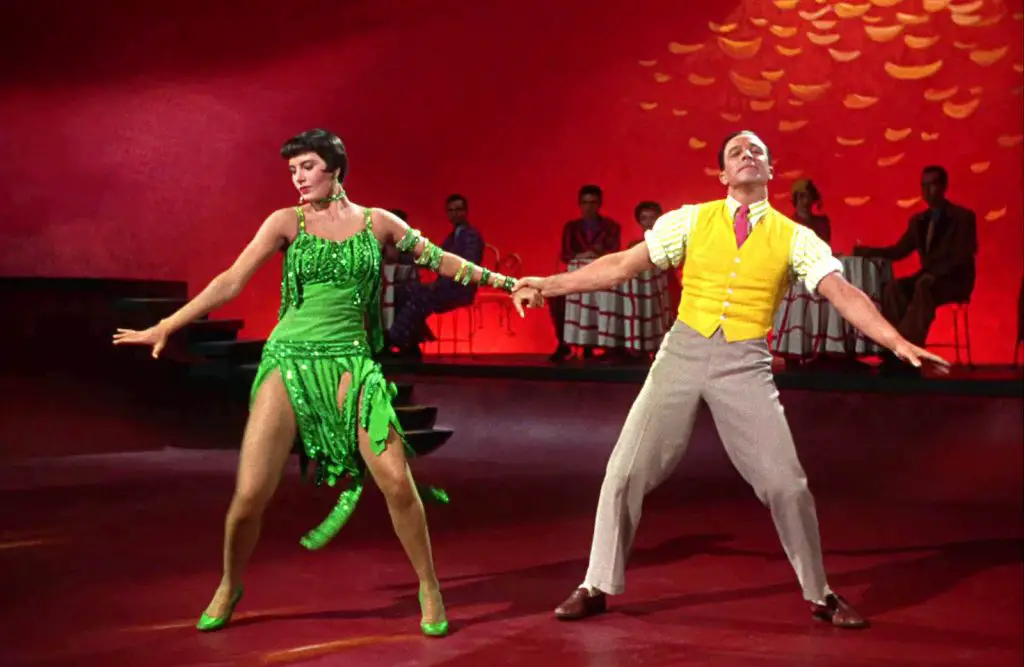
“Watchmen” is a motion picture of uncommon ambition, technical perfectionism, and inspired artistry . It is also based on a beloved story that is not and was never terribly cinematic in nature. While I fully intended to discuss the film as a stand alone product, regardless of its success or failure as a literary adaptation, the finished product is so completely tied to its source that it is almost required to have some understanding of the original book to at least appreciate, if not completely understand the movie. As I watched this epic unfold, I kept unconsciously referencing the original material for context, to fill in the blanks that the film itself did provide. As a faithful adaptation, it is a success. As an emotional tone poem, it is occasionally powerful. But as a stand alone feature film, intended to draw in and entertain the uninitiated, it’s slightly problematic. Complete newbies will likely understand the broad strokes, but the subtleties of the material and the thematic ideologies may be lost under the surface, leaving non fans wondering what all the fuss was about.
What you need to know going in – The film is set in an alternate time line, one where non super-powered crime fighters roamed the cities before and after World War II. In this world, the accident that turned scientist Jon Osterman into Dr. Manhattan turned the tide for America during the height of the Vietnam war. It’s now 1985. Dr. Manhattan almost single-handedly won for the US in ‘Nam, Nixon has been re-elected five times, and non-government-sanctioned crime fighters have been outlawed. However, the use of Dr. Manhattan as a weapon started a nuclear arms race with the USSR and the two super powers seem on the brink of nuclear annihilation. Meanwhile, the murderous, psychotic crime fighter known as Rorschach stumbles upon the homicide of former super hero turned government spy The Comedian, a crime which may involve his old costumed buddies from the 1960s.
Ironically, for a story that is considered the pinnacle of super hero fiction, the book and film both succeed best at the smaller character moments. The first thirty minutes are sensational, as the murder of The Comedian gives way to a stunningly gorgeous title sequence (where the alternate time line is somewhat laid out in montage set to Bob Dylan’s ‘Times They Are A Changing’). This then segues into introductory moments, where the heroes of old are introduced in one form or another. Focus shifts between the still operating Rorschach (a crazed homicidal imp of a man, completely unbending in his pessimistic ideology) and the long retired Nite Owl (Patrick Wilson, in a phenomenally subtle performance), who spends his days drinking with the 1940s Nite Owl. For a good half hour, the film is a stunningly moving paen to regret, loneliness, and paths not taken, as our former heroes join together to bury one of their own, a man who cast a dark shadow over all of them.
But then, the film loses something. The human interaction and poignancy give way to cumbersome exposition and flashbacks. For nearly the entire remaining two hours, the film becomes episodic and disjointed, and the excitement dies. The production is handsome, the acting is exceptional, and the special effects are mostly effective. But, at the end of the day, “Watchmen” is not an exciting story. So, what came across as curious on the page often feels boring on the screen.
When the focus is on the friendship and eventual romance between Dan Dreiberg/The Nite Owl and Malin Ackerman’s Sally Spector/The Silk Spectre II (she was forced into super heroism by her mother, who is played in a few wonderful scenes by Carla Gugino), the film works as a sad story of lost opportunity and unfulfilled potential. They are, alas, the only two characters who really are just regular human beings. Dr. Manhattan (Billy Crudup) frequently monologues allegedly deep thoughts about the in consequence of existence, all too often in the same monotone voice he uses in his ‘Priceless’ Visa commercials, but in the end he is more of a plot device. Rorschach (Jackie Lee Hurley) only registers during the brief moments where he is unmasked, when we can see the hate and rage underneath the white rorschach blot mask (with the mask, he speaks in a growl that will remind viewers of Christian Bale’s McGruff the Crime Bat). Matthew Goode, as the inexplicably optimistic Adrian Veidt (a former hero who quit and built a vast fortune selling his image) does what he can with a somewhat one-note role. Jeffrey Dean Morgan has too little time as The Comedian to register as anything other than a government-sanctioned mass murderer.
Perhaps the problem is that so much of the original novel’s appeal was its relative freshness. Its depiction of heroes as dysfunctional and possibly crazy was a breath of fresh air. It was a deconstruction of the super hero stories of the 1940s and 1950s, with a skewered satirical dart aimed at the ‘more serious’ work coming down the pike in the 1970s. Its real world setting and real world problems, the idea that masked vigilantes may be ill-equipped to handle the world’s biggest problems, was somewhat of a fresh idea in 1987. Now, it’s ‘what would happen if people really put on a costume and fought crime’ mythology isn’t any more realistic than the regular super hero stories. In fact, it’s broadly colorful costumes and epic, world-balancing narrative actually renders it almost campy in comparison to more intimate, real-world comic book entertainments like “The Dark Knight”. It’s themes of super heroism as a form of emotional and sexual release have been co-opted in films like “Unbreakable”, and the very idea of dark, gritty, ultra-violent super hero stories have become so commonplace in the last twenty years that it’s actually the status quo.
“Watchmen” was a story of its time, and it still works as an individual character study. But its themes and ideas are no longer ground breaking, and they may not be relevant anymore. Our current fears reside not in instant nuclear annihilation by a state power, but in slow death by environmental and economic collapse. Without going into details, the slightly altered ending makes the villain’s ideology even less plausible, considering how we now know how mass populations react to um… certain events.
In the end, Zack Snyder does deserve credit for not making the material more cinematic than it naturally is. Yes, there is a little more violence, a touch more action, and plenty of stylized slow motion (too much, as the film feels like the 161 minutes that it is), but the story is still basically retired super heroes talking about their old days while trying to solve a solitary mystery. He is more or less faithful in incident, and completely faithful in tone and spirit (my fear that he would make the dour, depressing story more ‘cool’ is unfounded). Snyder has made a suitable companion piece to a ground breaking piece of literature. He has obtained fine performances from his cast, especially Patrick Wilson. And the technical merits of this picture absolutely demand big screen viewing. But, as a stand alone motion picture, it is not quite a success. It is plodding, occasionally boring, and it struggles for relevancy in a time where its ideas and themes have been stolen by better big screen entertainments. For better or worse, we now have a faithful live action motion picture of “Watchmen”.


